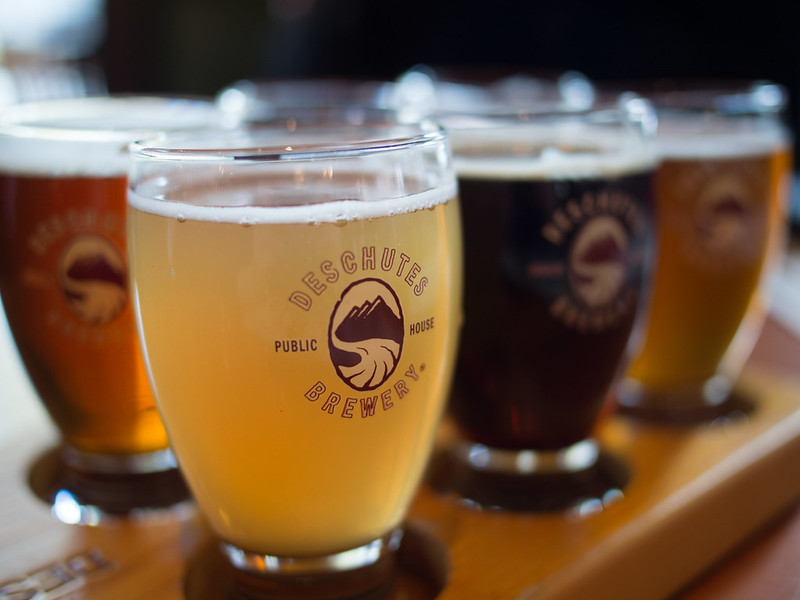
State officials around the country have aimed to help struggling restaurants, bars, breweries, and wineries by deregulating sales restrictions during the COVID-19 shutdown. While these measures were initially temporary, their popularity and success has led to many states making these changes permanent.
Lawmakers in Oregon, however, are looking to do the exact opposite of helping struggling businesses. Under House Bill 3296, two of the state’s top industries for tourism – breweries and wineries – would be slammed with a massive tax hike. HB 3296 calls for a 2,700% tax increase on beer and a 1,500% tax increase on wine.
Right now, Oregon has some of the lowest tax rates on beer and wine in the entire country; the current tax on a barrel of beer is $2.60 (8.4¢ per gallon) and the wine tax is 67¢ per gallon. If HB 3296 is passed, the taxes on barrels beer and wine would rise to $72.60 and $10.67, respectively. This massive tax hike would cripple the Oregon beer and wine industry, possibly forcing businesses to shut down altogether. In fact, if this bill passes, some business owners say they would pay more in taxes than what they make in net profits.
“First of all, it’s a ludicrous tax. To go from $2.60 cents to $72.60 is actually like just bonkersville,” said John Harris, founder and brewmaster of Ecliptic Brewing in Portland. “This proposal…would cost me $840,000 dollars. I don’t make $840,000 a year.”
Alex Sokol, co-president of Sokol Blosser Winery and Evolution Wines in Yamhill County, said it would be “cheaper for someone to buy our wine in New York City, and have it shipped here than to buy it from your local grocery store.”
Before the pandemic, the beer industry in Oregon brought in $6.6 billion in sales and supported 43,000 jobs in the state. The Beer Institute estimates, however, that Oregon’s beer industry lost 9,303 jobs and experienced a $263 million decline in sales as a result of the COVID-19 pandemic. According to an economic impact study by the Oregon Wine Board, over 11,000 jobs were lost from the wine industry along with over $1.4 billion in economic impacts by the end of 2020.
The proposed excise tax increases would result in additional unnecessary destruction to industries that play an important role in the state economy. Many jobs are already at-risk or have been lost – a tax increase would only make it significantly harder for local business to get back on their feet and to keep Oregon’s economy on a path forward to recovery. By imposing a punitive tax that will drive up the cost of beer and wine sold in Oregon, state lawmakers would be taking fiscal policy in the wrong direction, harming employers and consumers with a regressive tax hike at a time when tax relief is what is needed.

